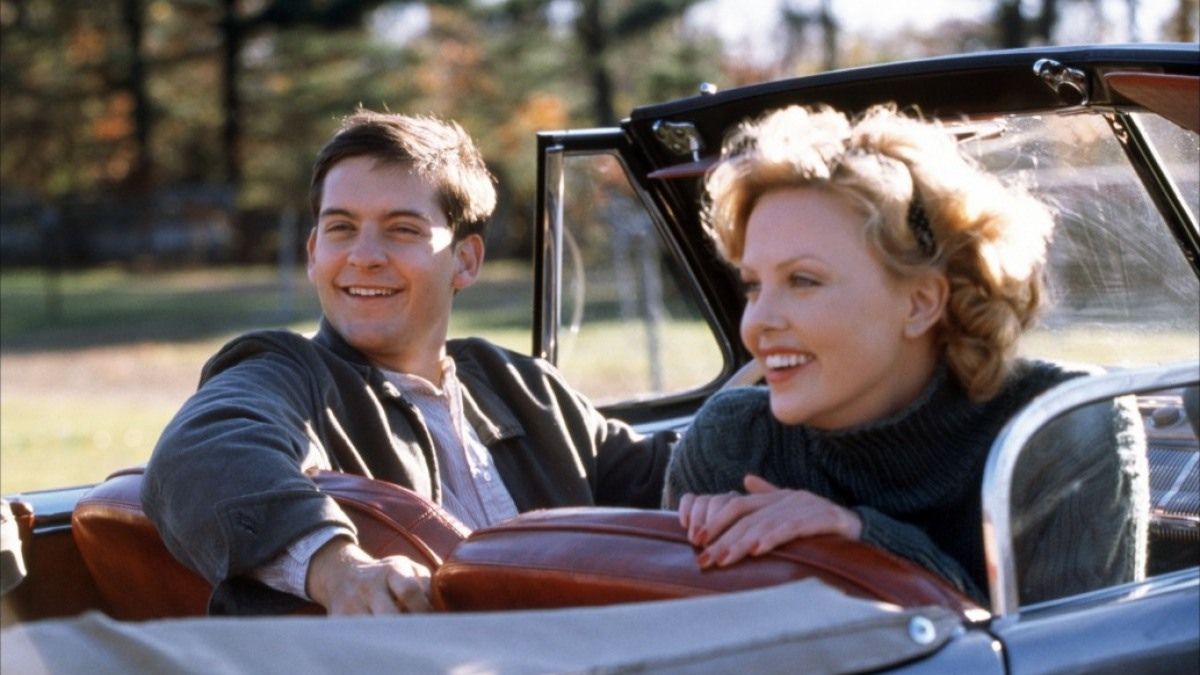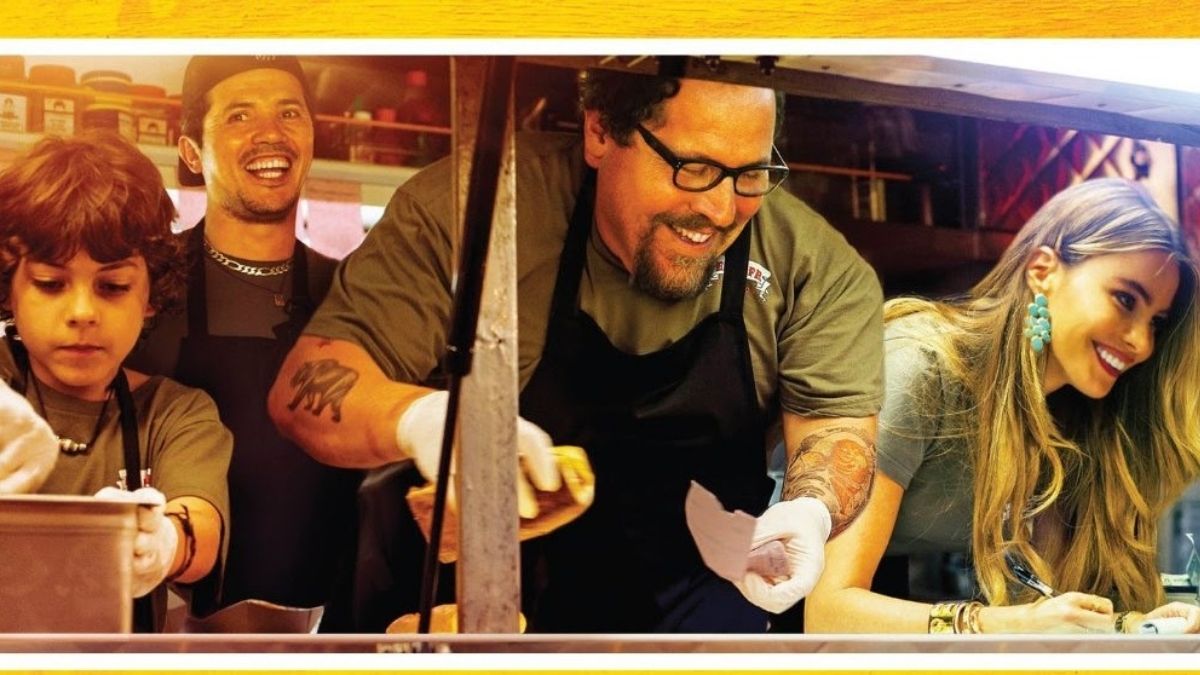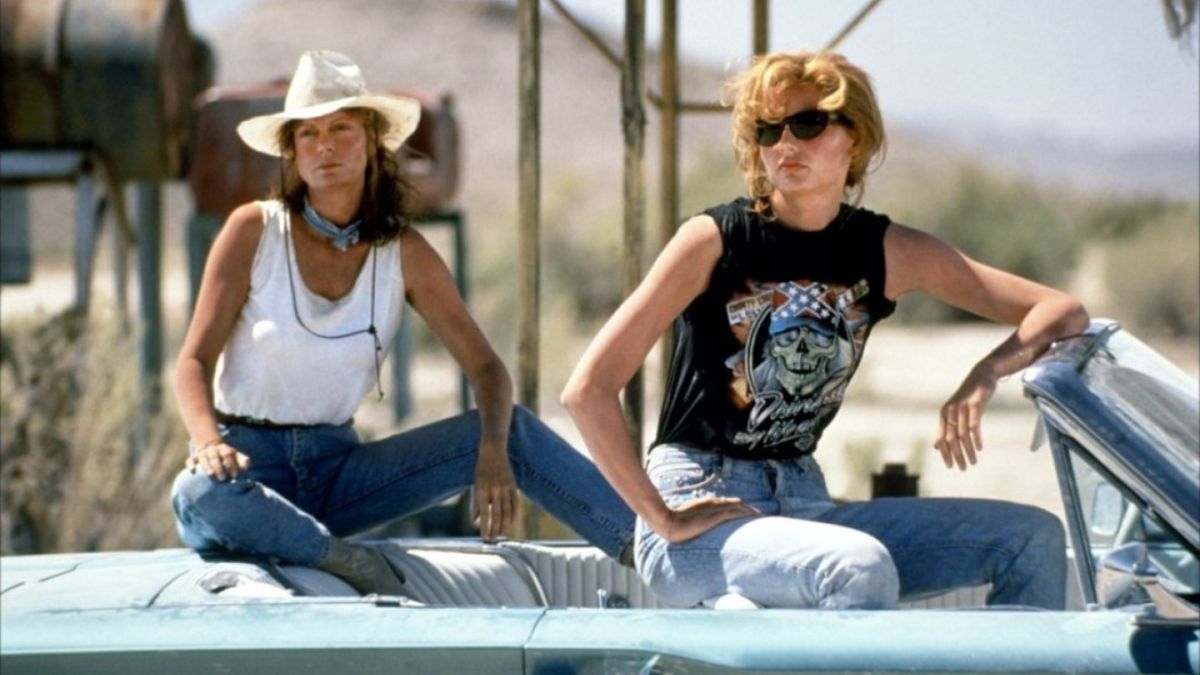
The Cider House Rules Monologues
A compassionate young man, raised in an orphanage and trained to be a doctor there, decides to leave to see the world.
Homer Wells Monologues
I've looked at so many women. I've seen everything, and felt nothing. But when I look at you, it hurts.
To do nothing. It's a great idea, really. Maybe if I just wait and see long enough, then I won't have to do anything or decide anything, you know? I mean, maybe if I'm lucky enough, someone else will decide and choose and do things for me.
But then again, maybe I won't be that lucky. And it's not my fault. It's not your fault. And that's just it. Someone's gonna get hurt, and it's no one's fault.
If we just sit here and, we wait and see a little longer, then maybe you won't to choose, and I won't have to *do* anything!
Nothing. I'm sorry. You're not the one who has to do anything.
Dear Dr. Larch. Thank you for your doctor's bag, although it seems that I will not have the occasion to use it, barring some emergency, of course. I am not a doctor. With all due respect to your profession, I'm enjoying my life here. I'm enjoying being a lobsterman and orchardman. In fact, I've never enjoyed myself as much. The truth is, I want to stay here. I believe I'm being of some use.
Dear Dr. Larch, What I'm learning her may not be as important as what I learned from you, but everything is new to me. Yesterday, I learned how to poison mice. Field mice girdle an apple tree; pine mice kill the roots. You use poison oats and poison corn. I know what you have to do. You have to play God. Well, killing mice is as close as I want to come to playing God.
I'm not a doctor.
I can't replace you. I'm sorry.
I'm not a doctor. I haven't been to medical school; I haven't even been to high school.
Goodnight, you princes of Maine. You kings of New England.
Dr. Wilbur Larch Monologues
In other parts of the world young men leave home and travel far and wide in search of a promising future. Their journeys are often fueled by dreams of triumphing over evil, finding a great love, or the hopes of fortunes easily made. Here in St. Cloud's not even the decision to get off the train is easily made, for it requires an earlier, more difficult decision - add a child to your life, or leave one behind. The only reason people journey here is for the orphanage.
I came as a physician to the abandoned children and unhappily pregnant women. I had hoped to become a hero. But in St. Cloud's there was no such position. In the lonely, sordid world of lost children, there were no heroes to be found. And so I became the caretaker of many, father of none. Well, in a way, there was one. His name was Homer Wells.
My Dear Homer: I thought you were over you adolescence - the first time in our lives when we imagine we have something terrible to hide from those who love us. Do you think it's not obvious to us what's happened to you? You've fallen in love, haven't you? By the way, whatever you're up to can't be too good for your heart. Then again, it's the sort of condition that could be made worse by worrying about it, so don't worry about it.
Homer, here in St. Cloud's, I have been given the opportunity of playing God or leaving practically everything up to chance. Men and women of conscience should sieze those moments when it's possible to play God. There won't be many. Do I interfere when absolutely helpless women tell me they simply can't have an abortion - that they simply must go through with having another and yet another orphan? I do not. I do not even recommend. I just give them what they want. You are my work of art, Homer. Everything else has been just a job. I don't know if you have a work of art in you, but I know what your job is: you're a doctor.
You're going to replace me, Homer. The board of trustees is looking for my replacement.
"Sorry"? I'm not sorry. Not for anything I've done. I'm not even sorry that I love you.
I think we may have lost him to the world.
She died of secrecy. She died of... ignorance. Homer, did you expect to be responsible for their children, you have to give them the right to decide whether or not to have children. Wouldn't you agree?
First pregnancy?
I presume you'd prefer handling the delivery?
You know how to help women. How can you not feel obligated to help them when they can't get help anywhere else?
What else could I have shown you, Homer? The only thing I can teach you is what I know. In any life, you have to be of use.



